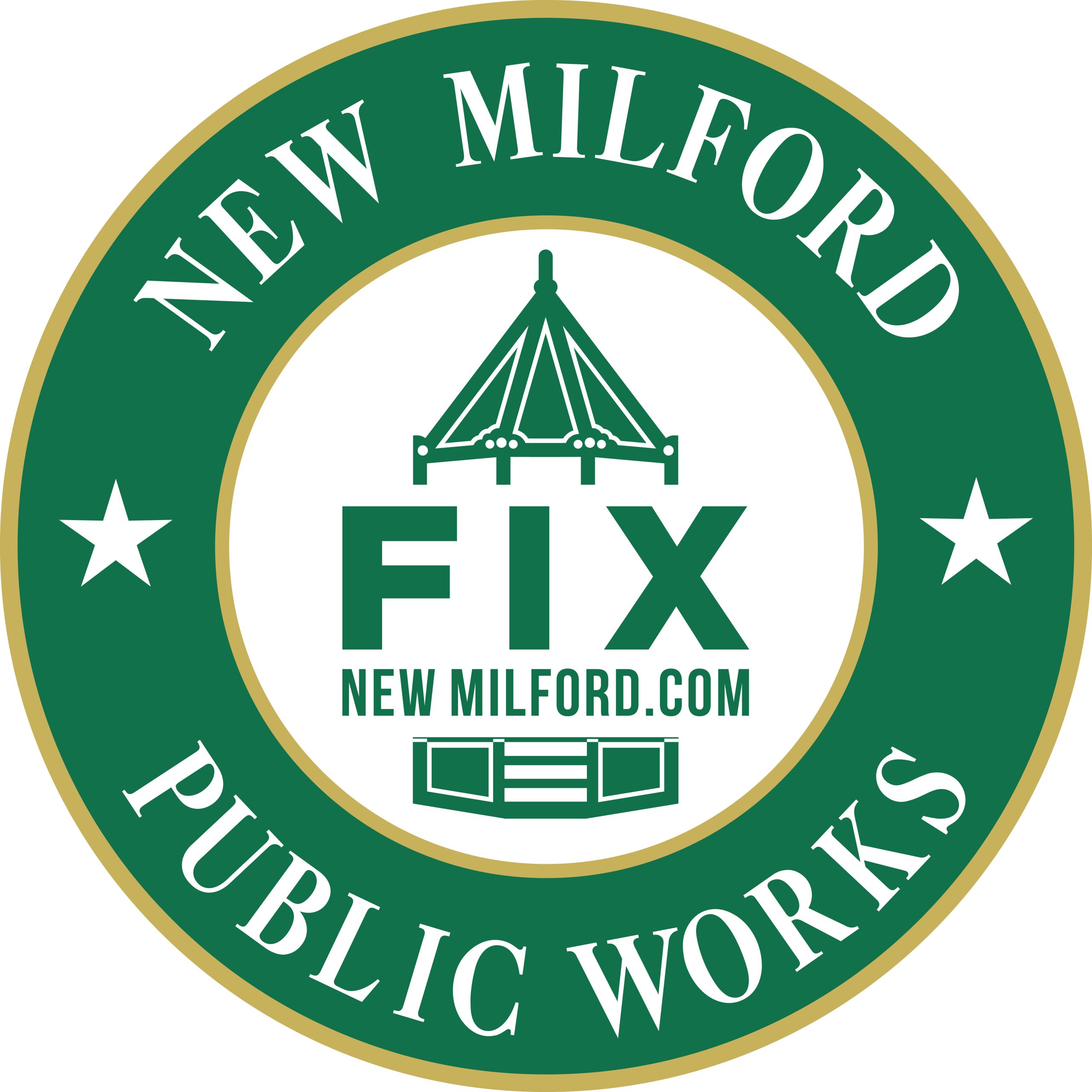
UConn’s Native Plant and Sustainable Landscaping Guide
*Updated*
Connecticut Native Tree, Shrub, and Perennial Availability List Released
UConn Extension and CT DEEP Wildlife Division have released an updated list of CT businesses that grow and/or sell native trees and shrubs –
and for the first time, PERENNIALS are now included!
Compiled from a survey of both wholesale and retail businesses, the
Connecticut Native Tree, Shrub, and
Perennial Availability List
(s.uconn.edu/ctnativeavailability)
identifies nurseries and garden centers that sell CT native trees, shrubs, or perennials.
This guide was created to assist municipalities, conservation organizations, homeowners, and landscape architects, designers, and contractors with locating native plants for habitat restoration and wildlife enhancement.
https://s.uconn.edu/uconnnativeplantguide

Pollinator Pathway
| Happy New Year!We Write with News of a Victory for Pollinators |
 |
| “And now let us believe in a long year that is given to us, new, untouched, full of things that have never been.” –Rainer Maria Rilke |
| New York’s Governor Hochul signed the Birds and Bees Protection Act into law just before Christmas! This new law limiting wasteful uses of neonicotinoid pesticides (neonics) is the first of its kind and will serve as a model for the rest of the country. Neonics have been linked to massive declines in birds, bees, and other insects, as well as to water contamination, ecosystem harms, and human health concerns. The law prohibits the three most widely used neonic-coated agricultural seeds and prohibits use of neonics for non-agricultural purposes (on lawns and ornamental landscapes). The ban on non-agricultural uses will take effect starting in January 2027, and the ban on coated seeds will take effect beginning January 2029. These dates are later than those in the original bill passed in June 2023. Another change to the original bill is that the waiver provisions from the seed coating prohibition have been modified to look more like the Québec model, which successfully reduced neonic seed coating use to almost nothing, while preserving flexibility for farmers. New York Pollinator Pathway organizers and members, you all share in the credit for this victory. The Pollinator Pathway also thanks our partner the Natural Resources Defense Council (NRDC) for its leadership in this fight. And we thank Governor Hochul for signing the bill into law! We are starting the new year off right for the pollinators! |
 |

